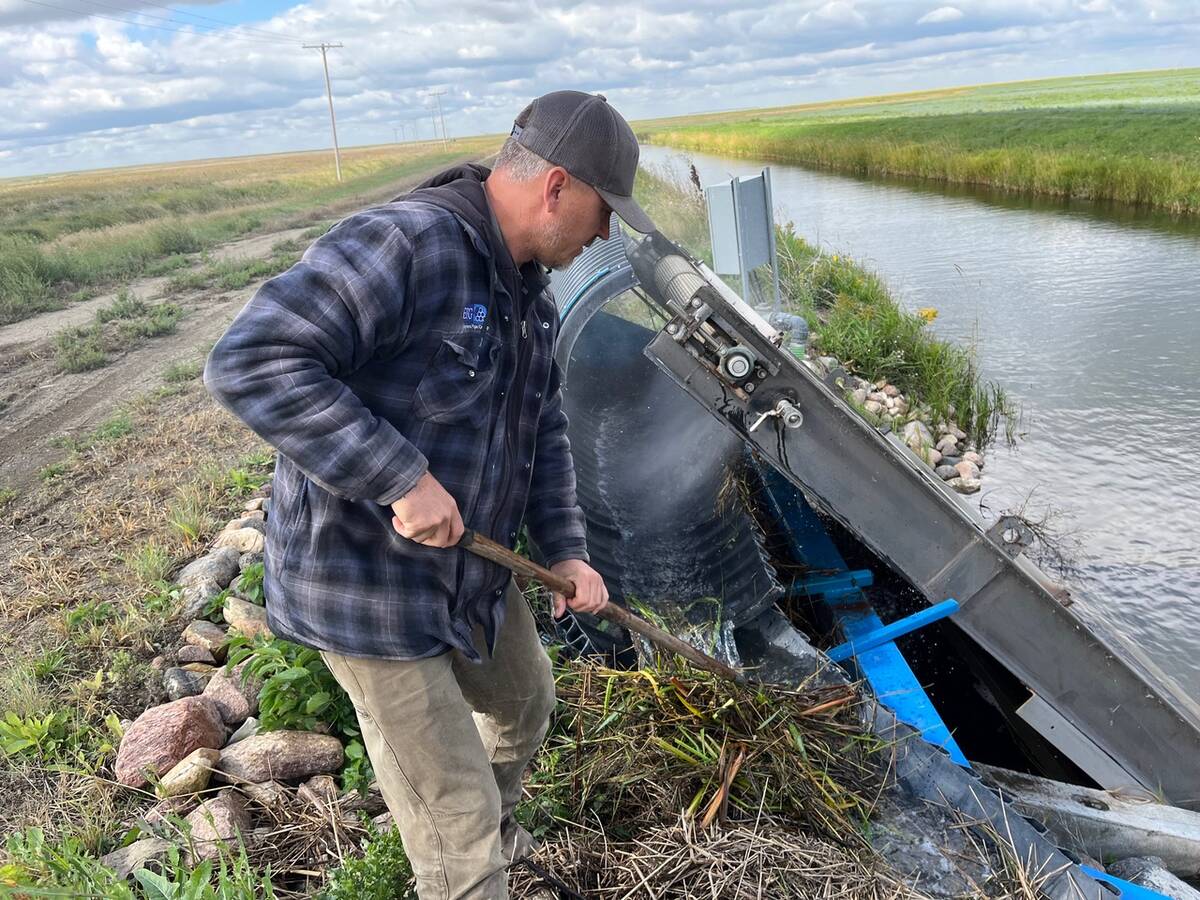An adult cow from British Columbia has tested positive for BSE, bringing the total number of cases of BSE in Canada to 13 since 2003.
The cow died on a farm in western British Columbia and was removed by a dead stock removal service, one of the groups that participates in the national BSE surveillance program, said George Luterbach, senior veterinarian with the Canadian Food Inspection Agency.
Luterbach said the cow met the criteria of a high-risk animal and parts of it were submitted to a B.C. provincial laboratory June 3 for testing and then the CFIA laboratory for retesting.
Read Also

Saskatchewan farmer uses tile drainage to manage water
The integration of both irrigation and tile drainage results in higher yields, water efficiency, improved soils and less nutrient runoff, says one producer.
“The CFIA has confirmed this animal indeed was infected with BSE,” he said.
Since the discovery of BSE in a Alberta cow, in May 2003, more than 220,000 cattle in Canada have been tested for the disease. The most recent case is the third animal from B.C. to test positive for BSE.
CFIA has launched an investigation to find the birth farm and confirm the age of the animal. The animals that have tested positive for BSE in Canada have ranged from five to 16 years of age.
Luterbach said once the farm of origin is found, a feed and animal investigation will begin.
“Right now we’re trying to confirm the farm and firm up if it’s a dairy cow or a beef cow as well.”
The discovery of the latest animal proves BSE is neither common nor widespread in Canada, he said.
“Our international reviews consider it’s accepted that there may be a small number of positive cases as we move towards the elimination of BSE in Canada.”
















